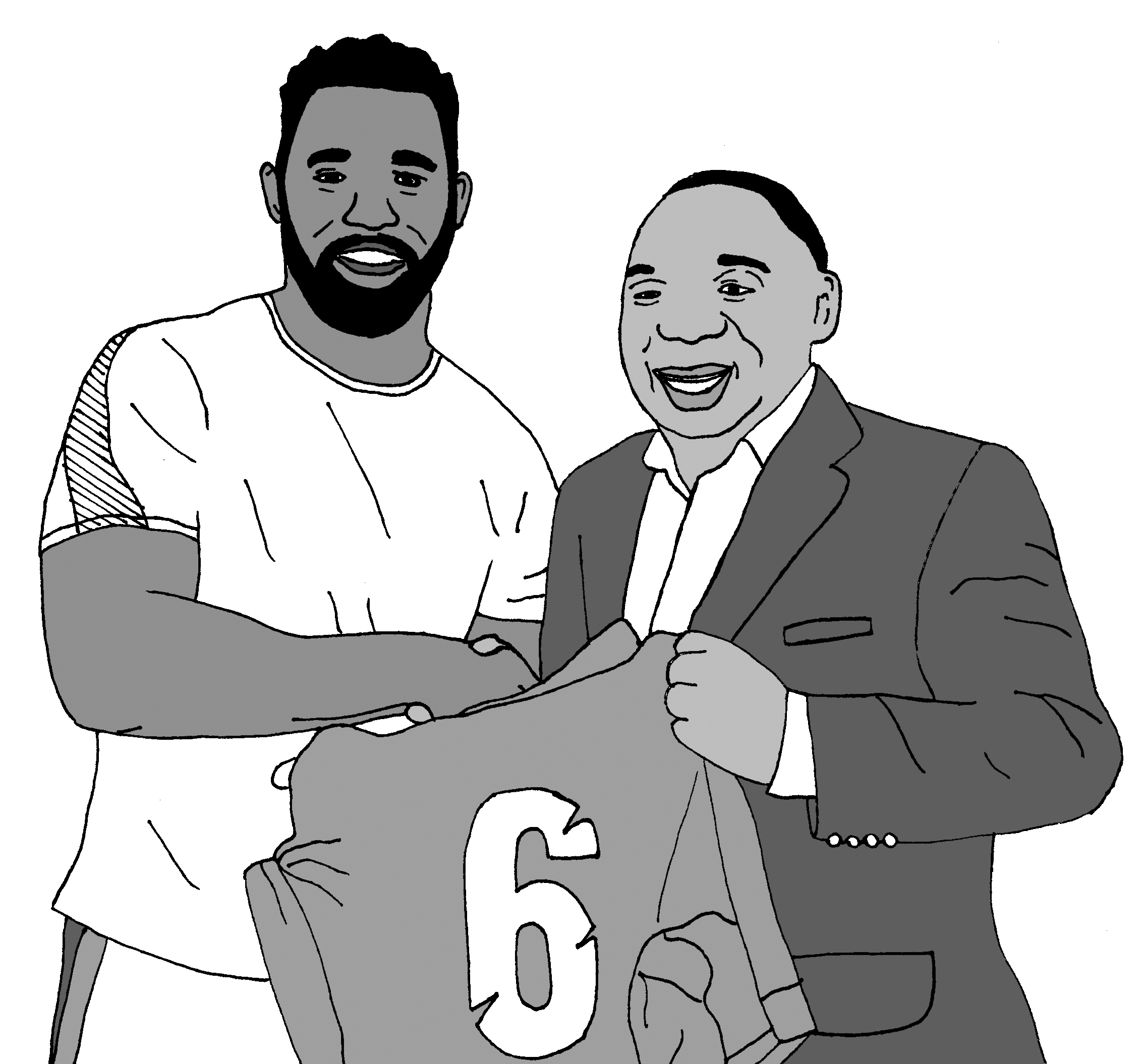Hope, the Springboks’ most powerful weapon
December 6, 2019
 Emma Bezilla
Emma Bezilla
The political significance of South Africa’s 1995 World Cup victory is widely known. It was a rebirth for the Springboks as a symbol of Mandela’s post-apartheid rainbow nation, rather than the team being an emblem of racial segregation, which it represented for almost a century before that. The Springboks would remain a special part of the Mandela presidency, one of the many tools he would use in his efforts to heal the wounds of apartheid. Kolisi’s captaincy and this summer’s World Cup victory might not hold the same level of political significance, but it has surely made a difference in lifting what can only be described as a broken national spirit.
As Mandela once said, sport has the power to change the world, and in many ways, that 1995 World Cup victory did. But 24 years after that iconic victory, it is evident that the residue of apartheid still stains the fabric of the nation.
In terms of wealth distribution, South Africa is the most unequal country in the world, according to a 2018 World Bank report. Years of corruption under Ramaphosa’s predecessor, Jacob Zuma, contributed to setbacks after years of progress before 2011. Poverty levels still follow racial lines, with only one percent of white South Africans living below the poverty line. Unemployment is at 29 percent, and more than half of working-age South Africans below the age of 35 live without jobs.
In recent years, tensions over the social and economic conditions in South Africa have spilled into the streets in the form of protests and riots. Just as economic inequalities have deepened, so has the disillusion of the country’s black, biracial and ethnic groups who account for over 90 percent of the population.
Where Kolisi is from, the prospects for prosperity are slim. Growing up in the impoverished township of Zwide, he vividly recalls the food insecurity, crime and violence that he faced until receiving a scholarship to Port Elizabeth’s top boys’ school. He humbly reflects on the fact that when South Africa last won the World Cup in 2007, he did not have a TV at home to watch it on. Despite being among the first generation of South Africans to grow up without government-sanctioned segregation and economic restrictions, Kolisi was never supposed to make it out of poverty. He was never supposed to play rugby at the professional level. And he was never supposed to captain the Springboks. But the improbability of his success is what has turned him into such an inspiring figure—perhaps because it is reminiscent of Mandela’s improbable rise as South Africa’s first black president.
Zwide today is not much different from how Kolisi remembers it as a kid. The rugby pitch he grew up playing on is still lined with patches of gravel. The dangers of poverty and marginalization still linger. But one thing has changed—the amount of hope and optimism throughout the town and the nation at large.
In “Notes to the Future,” Mandela tells us that, “hope is a powerful weapon and one [that] no one power on earth can deprive you of.” While the legacy of apartheid still casts a dark shadow over the Rainbow Nation, Kolisi and his Springboks are reminding South Africans and the world just how powerful that weapon can be.
As the Springboks gear up for the 2020 Summer Olympics in Japan, they’ll undoubtedly have the backing of an entire nation. There is mutual understanding between the players, coaches, and politicians that the people’s hope and patience is, at least in part, contingent on the team’s success. But, win or lose, Kolisi will remain a much-needed source of inspiration for the black South Africans that protest in hopes of redefining their all too slender odds of prosperity.

Comments
Before submitting a comment, please review our comment policy. Some key points from the policy: